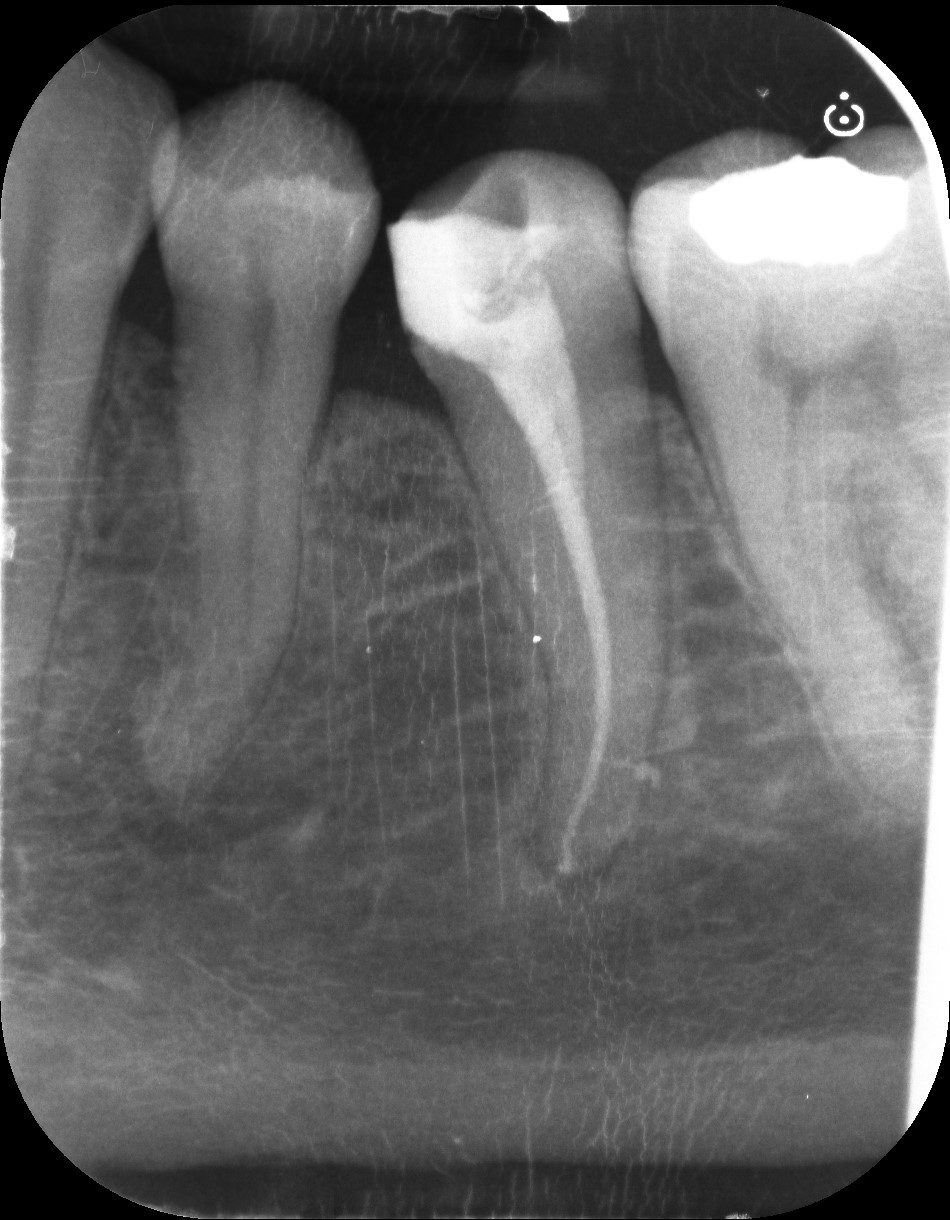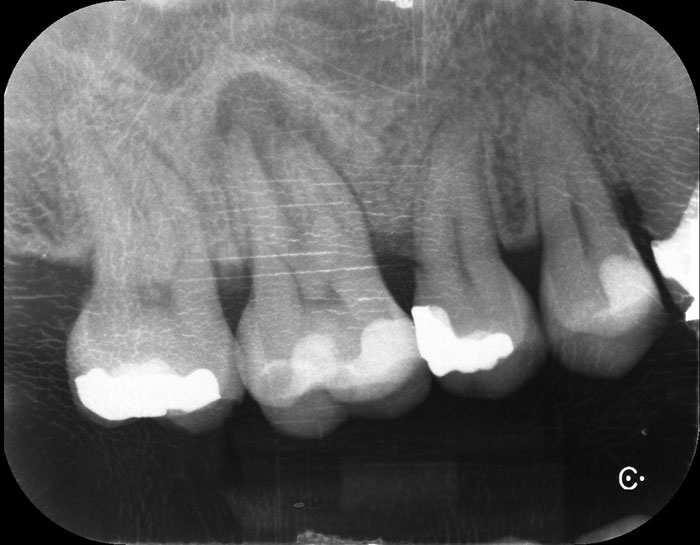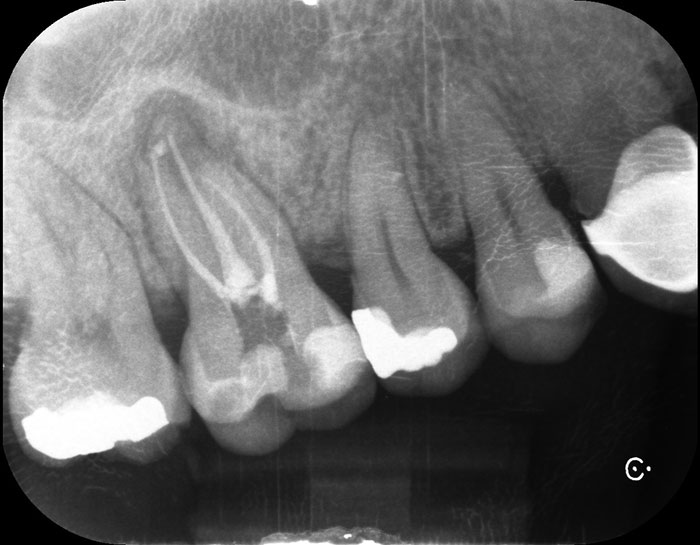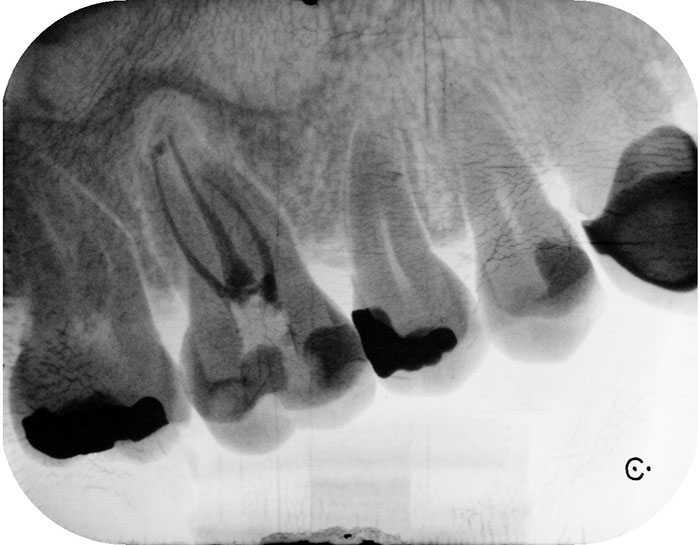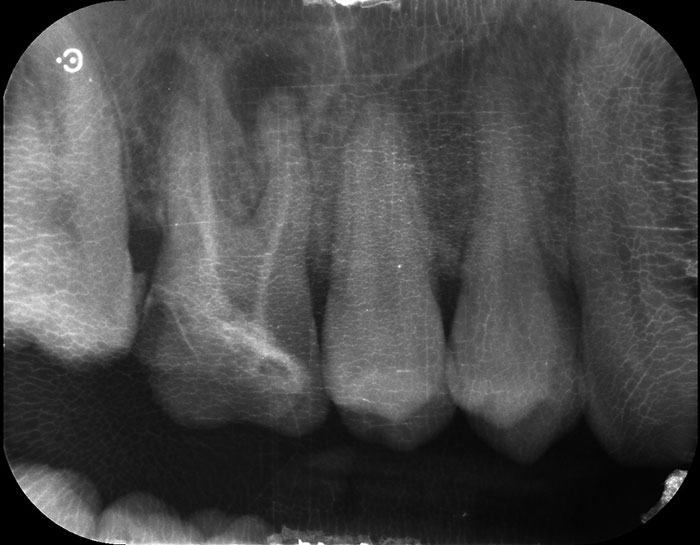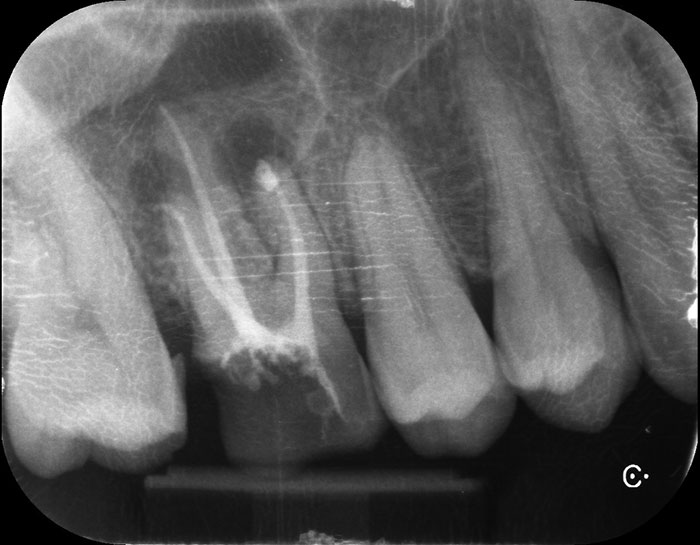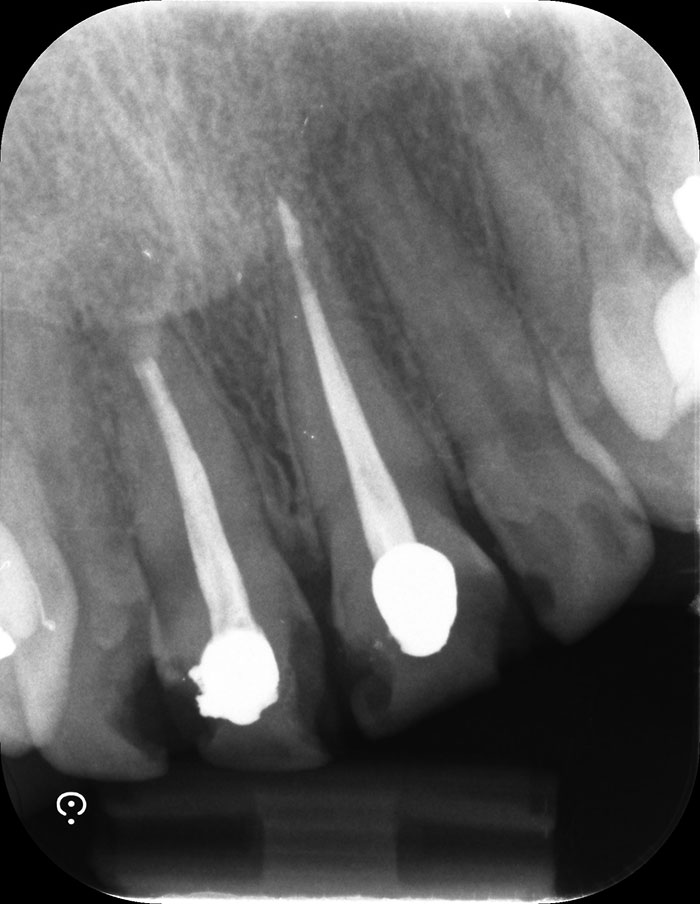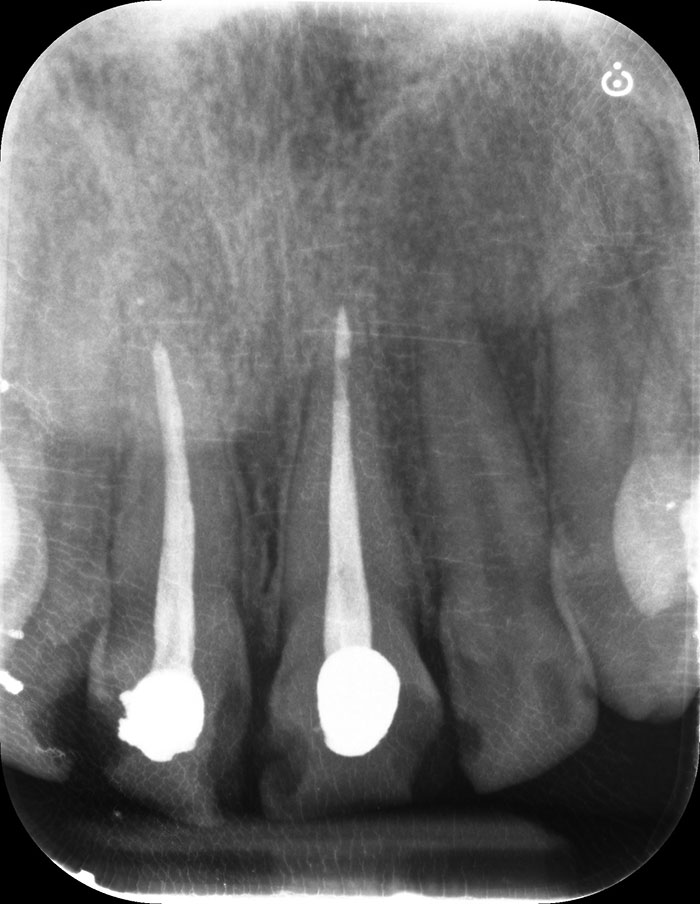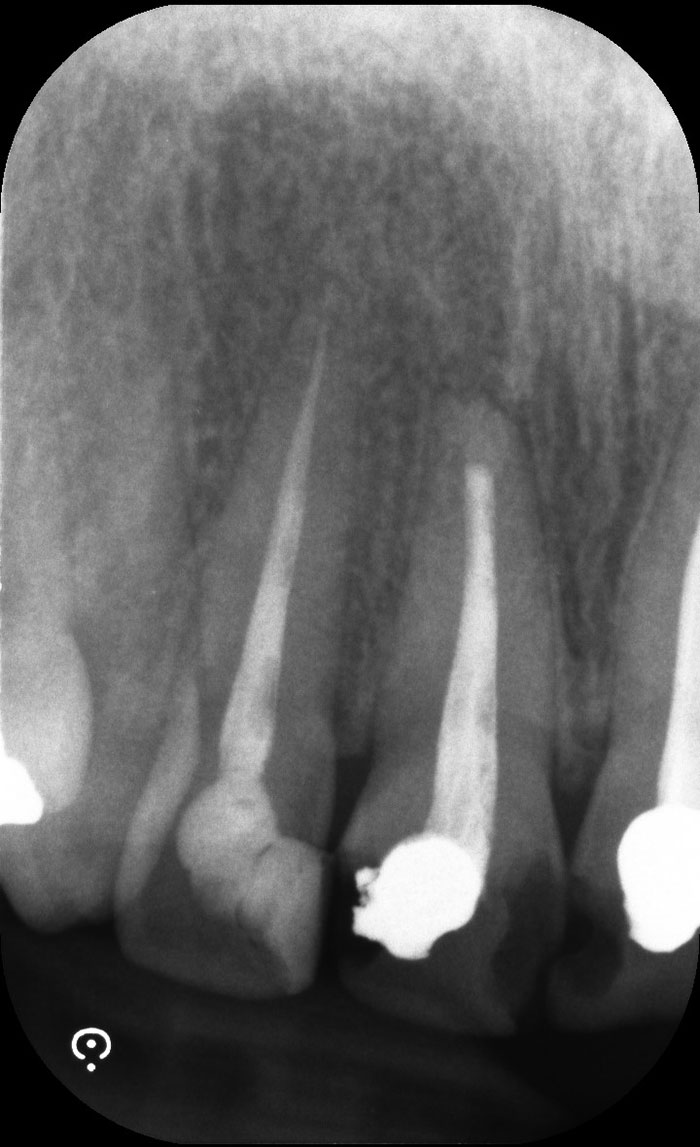Primary endodontic treatment
This refers to the initial root canal treatments performed on teeth with infected or inflamed pulp, with the aim of eliminating the infection, alleviating symptoms and saving the natural tooth. This is the first port of call before considering more advanced or invasive procedures.
This involves accessing the tooth's root canal system, removing the infected pulp, cleaning or disinfecting the surrounding canals and filling them with a biocompatible material to stave off further infection.
These are typically performed with the tooth's pulp can be salvaged, and is therefore an important step in preserving the tooth's functionality and structure.
Complex Root Canals
Complex root canal treatments are considered when the root canal system of an infected or inflamed tooth presents challenges due to an unusual root canal anatomy, curved or calcified canals, previous treatment complications or infections that have extended into the surrounding tissues.
As a result, complex root canals are only considered when a tooth might otherwise need to be extracted. The nature of these treatments necessitates advanced endodontic skills and knowledge to effectively clean, disinfect and seal the tooth, and may require the use of specialised instruments such as rotary files or dental microscopes.
Endodontic retreatment
An endodontic retreatment is only considered when a previously-treated root canal has not fully healed, becomes reinfected or has otherwise failed to resolve the symptoms.
It involves the removal of the root canal filling, cleaning and disinfecting the root canal system and then re-filling and resealing the canals to prevent further infection. In some cases, a dental crown or restoration may be considered to provide an additional layer of protection and overall structural support.
The aim of an endodontic retreatment is to save a tooth that might otherwise need to be removed due to inflammation or infection.
Apicectomy treatment
Also known as a root-end resection, this procedure is carried out when a root canal treatment has not been successful or when issues persist around the tooth's apex.
This involves raising a flap in the gum to grant access to the tooth's apex, removing any infected tissue along with the tips of the tooth's root, before sealing the ends to prevent reinfection or further complications.
Vital pulp therapy
Vital pulp therapies are performed when the inner pulp of a tooth is infected, inflamed or injured but can still be salvaged. This is typically the result of trauma, deep cavities or other forms of damage that have exposed the pulp.
The aim of this therapy is to promote healing and prevent re-infection, and so is divided into pulp capping and pulpotomy depending on the health and condition of the pulp tissue.
Pulp capping is the more conservative approach to vital pulp therapy. It involves applying a medicant directly onto the exposed pulp, normally a biocompatible material such as calcium hydroxide or mineral trioxide aggregate, to act as both a protective barrier and stimulate the pulp's healing process.
Pulpotomy involves the careful removal of the infected or inflamed pulp tissue from the coronal position of the tooth, leaving the healthy pulp tissue intact. A medicant is then applied to promote healing, before the tooth is restored with a filling material such as a composite resin or crown to prevent further damage.
The practical side of root canals
You can find out more about the step-by-step process for root canals and our recommended aftercare procedures here.
Your trusted endodontist in Doncaster is here for all your root canal needs.
If you are a private client and are looking to make an appointment for a consultation, please visit our referrals page. Please direct any questions or concerns to 01405 762917 or attila@arendodontics.co.uk.
